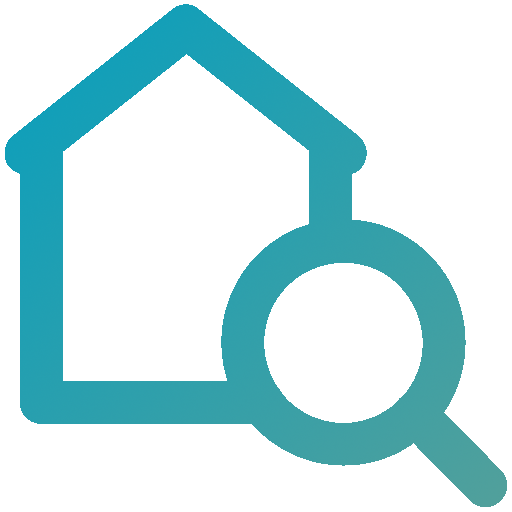
If you've recently moved to Germany, you've probably received a letter from the "ARD ZDF Deutschlandradio Beitragsservice" asking you to pay €18.36 per month.
Welcome to the Rundfunkbeitrag – Germany's broadcasting fee that everyone loves to complain about but has to pay anyway.
Let's break down what it is, who pays it, and how to handle it without the headache.

What is the Rundfunkbeitrag?

The Rundfunkbeitrag (often called the "TV tax" or "radio tax") is a mandatory fee that funds Germany's public broadcasting services – think ARD, ZDF, and Deutschlandradio. It pays for news, sports, documentaries, and entertainment programs available on TV, radio, and online.
Here's the catch: you pay it regardless of whether you actually watch or listen to these channels. Don't have a TV? Doesn't matter. Stream everything on Netflix? Still have to pay. Live in a cabin in the woods? The Beitragsservice will find you.
What is the Rundfunkbeitrag?
As of 2025, the fee is €18.36 per household per month, paid quarterly (every three months). That's €55.08 every quarter, or about €220 per year.
The good news? It's charged per household, not per person. If you live in a shared flat with five people, you split one fee between all of you. If you're living alone, you're paying the full amount yourself.
Who has to pay?
Almost everyone over 18 who lives in Germany – German citizens and internationals alike. When you register your address at the Bürgeramt, your details automatically get passed to the Beitragsservice. Within a few weeks, expect a letter in your mailbox.
Living with others?
If someone in your household is already paying, you don't need to pay separately. Just fill out this online form with your flatmate's contribution number (Beitragsnummer) to let them know you're covered.
Can anyone avoid paying?
Most people pay the full fee, but there are some exemptions:
If you think you qualify for an exemption, you'll need to apply through the Beitragsservice website with supporting documentation.
How to pay?
You have two options:
1. Direct debit (recommended)
Set it up once online at this form, and the payment automatically leaves your account every quarter on the 15th (February, May, August, November).
To set up direct debit:
This is the easiest option and ensures you never miss a payment.
2. Bank transfer
Transfer the money manually every quarter. Every 3 months, you get an invoice from ARD ZDF Deutschlandradio Beitragsservice. In the envelope, there is a yellow paper with the payment information.
Find your payment details and set up direct debit on the Beitragsservice website.
What happens if you don't pay?
Short answer: don't try it. The debts will accumulate, penalties will stack up, and it could damage your SCHUFA score (Germany's credit rating system). This can make it difficult to get a loan, rent an apartment, or apply for certain services. In extreme cases, people have faced legal action and even jail time.
Leaving Germany?
Don't forget to deregister from the Beitragsservice when you leave Germany permanently. You can do this online using this form. You'll need your contribution number and proof that you're leaving, such as your deregistration certificate (Abmeldebescheinigung).

The bottom line
The Rundfunkbeitrag is one of those German bureaucratic realities that catches many expats off guard. It might seem frustrating to pay for something you don't use, but it's non-negotiable for most residents. Set up your direct debit, forget about it, and move on to more exciting aspects of German life.
If you're settling in Berlin and have questions about other aspects of life here—like health insurance, liability coverage, or protecting your belongings in your new apartment—we're here to help.
At Versicherungsbüro Weiss, we specialize in guiding expats and international professionals through the complexities of German insurance and bureaucracy, always with transparent, independent advice in English.